Leading the Way: How a Fresh Audit of Your Anti-Fraud/Corruption Program Can Pay Unexpected Dividends
With the rise of AI and robo-advisory firms, not to mention revelatory exposés such as the Panama and Paradise Papers, the surface area of financial fraud and corruption has expanded greatly. These developments necessitate a routine audit of your anti-fraud and corruption program. This audit should not only address the focus of such programs, but their methodologies and tactics. Programs which emphasize punitive measures can prove ineffective, whereas the Sustainable Governance model I have implemented can incentivize good behaviors over bad. In my recent podcast interview with UN Environment Senior Program Officer Niklas Hagelberg, he stressed the opportunities awaiting CCOs and executives to lead on these issues within their organizations.
No one has to wait for regulators to force one’s hand; this work can start right now.

In my recent travels to Kenya, I have seen where the principles of Sustainable Governance are truly universal in their effectiveness. In his bid to reform Kenya’s judiciary system, former Chief Justice Willy Mutunga spoke of his model of “collective collaboration,” one which integrated all stakeholders in the process. These stakeholders possessed diverse and often conflicting motivations, and Mutunga shared how one can work with these motivations to create buy-in to a transparent judicial system. The senior people, in particular, think legacy: what do they want to leave behind? In addition, he also leveraged the country’s legal bar towards his mission.
As I detail in my book Triple Bottom Line Compliance, compliance officers and reform-minded will need to do likewise with their own in-house counsel. Their support is crucial in developing sturdier allegiance to one’s own anti-fraud and corruption initiatives.
Of course, fraud doesn’t always possess a human face. A recent discussion I held with Jasmin Sethi of Sethi Clarity Advisors stressed the need to explore the algorithms automating trading decisions as well, since they are all documented.
The robo-advisory firm Wealthfront was recently fined $250,000 by the SEC for allowing for wash sales within their tax-loss harvesting strategy, in opposition to its public statements. Good compliance audits can spot these discrepancies and rectify them before firms run afoul of the authorities. Make sure you develop a good team, both within and without your team when necessary, with the appropriate technical skill and regulatory experience to determine how your software may trigger an SEC investigation.
Ultimately, a good anti-fraud/corruption program does not overburden one’s team members. Rather, it works hand-in-hand with business objectives by fortifying trust, leveraging smart training and outside expertise as needed. The sooner you put them to work for your own operation, the further ahead you can pull in the global marketplace as well.




